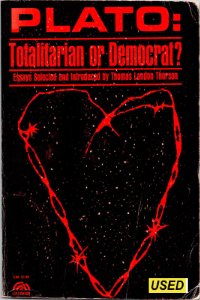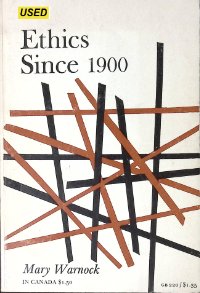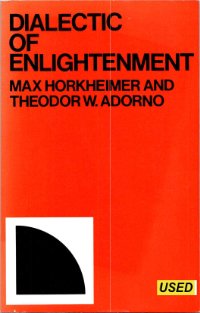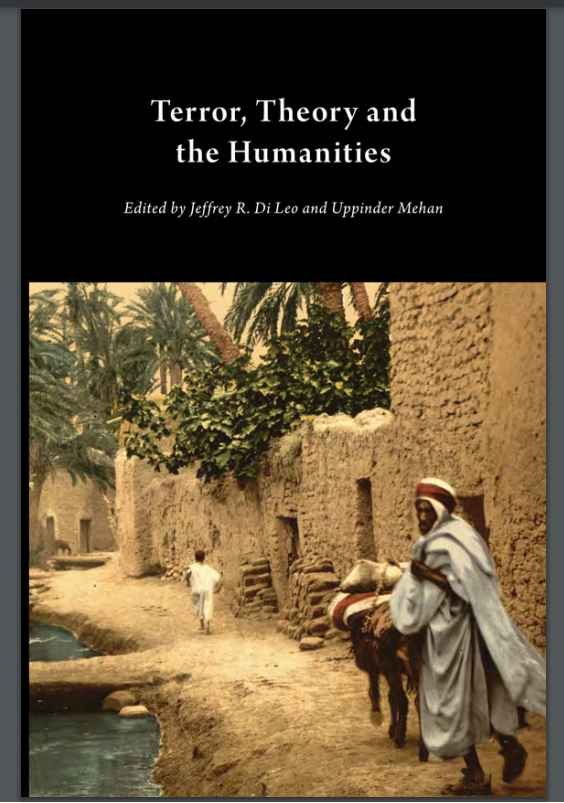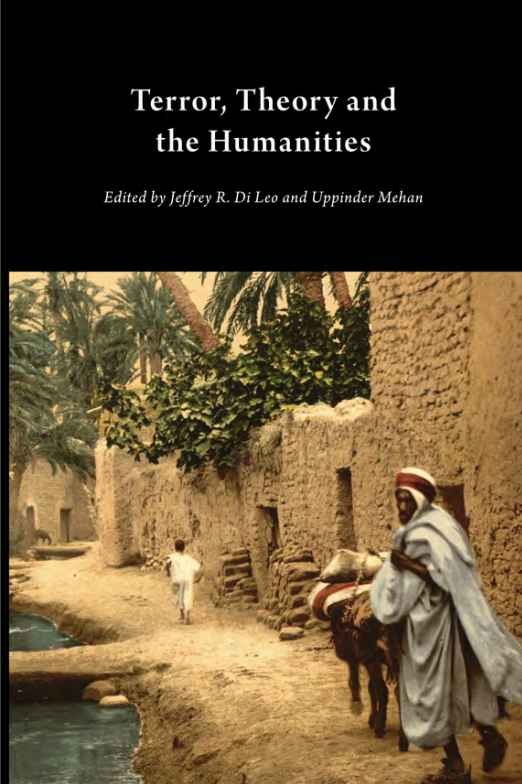Essays Selected and Introduced by Thomas Landon Thorso
Plato explores the captivating enigma of one of the most influential philosophers in history. Plato's ideas continue to shape our understanding of society, politics, and ethics. But was Plato truly an advocate for totalitarian rule, as some argue, or did his vision align more with democratic principles? Delve into this thought-provoking analysis that challenges conventional interpretations and sheds new light on the complex legacy of Plato. Engaging and informative, this book is a must-read for anyone seeking a deeper understanding of the origins of political thought.
PRENTICE-HALL, INC., Englewood Cliffs, N.J.. 1963. 190p.


